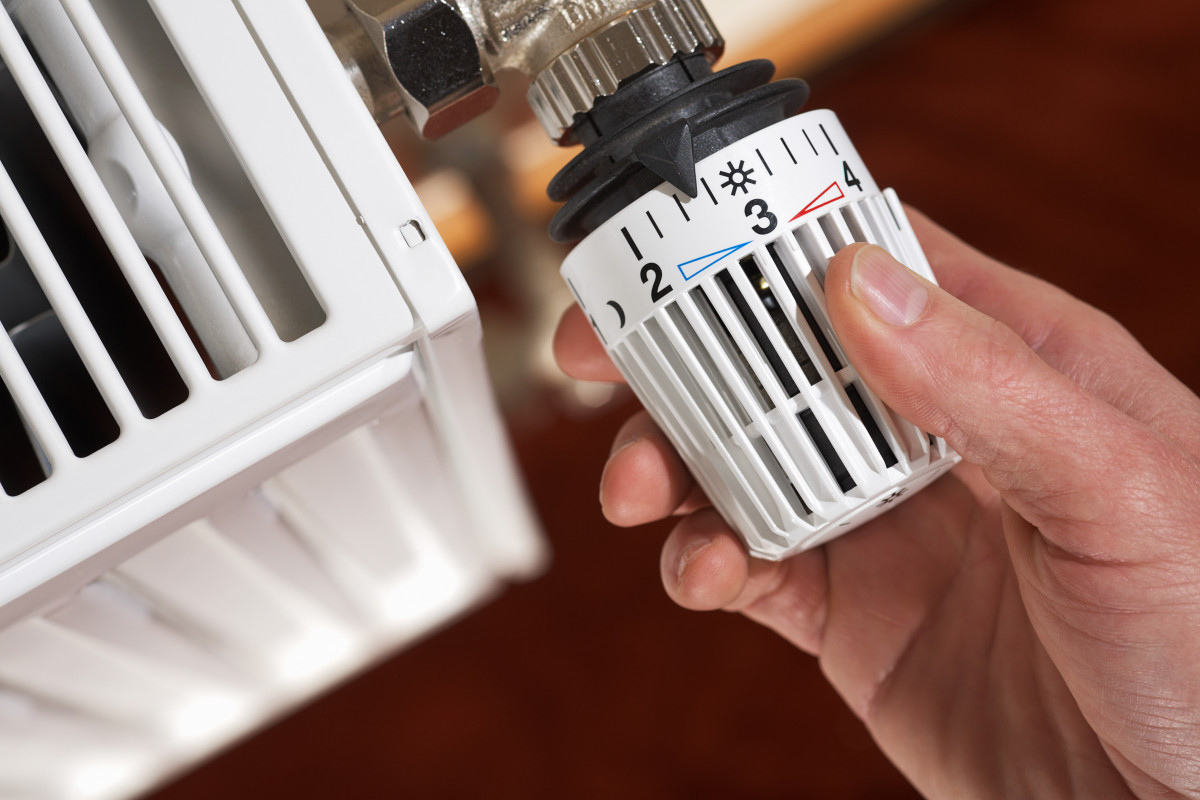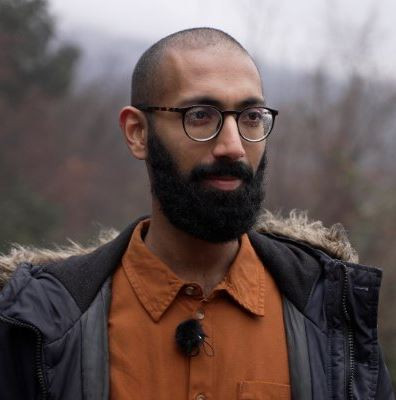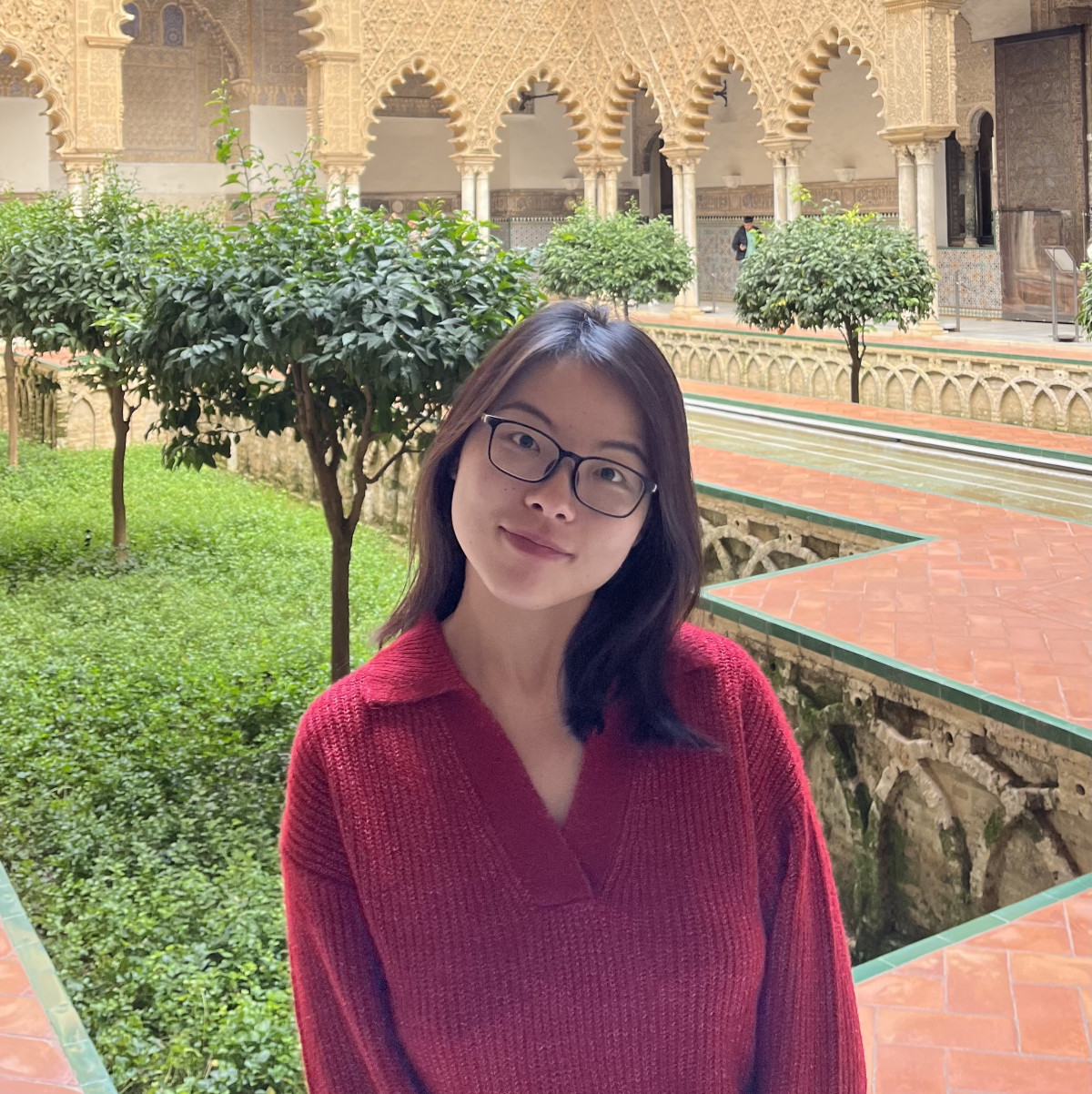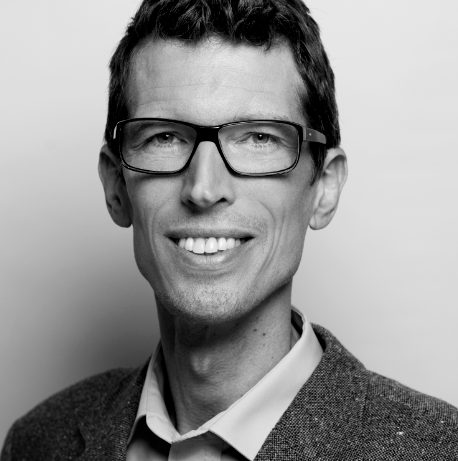CLEW Masterclass: How to report on decarbonising heating
Heating private homes requires a huge amount of energy, most of which still comes from burning fossil fuels. In the EU, half of the total energy consumed is used for heating and cooling, with the bulk of the demand coming from buildings. Shifting to low-emission heating is therefore key to getting the climate crisis under control, but progress has been slow in most countries.
CLEW took a close look at the challenges, risks and opportunities of Europe’s shift to climate-friendly heating in the comprehensive package Boiler room revolution: Europe kickstarts shift to climate-friendly heating, which includes the analysis Europe struggles to heat homes without cooking the planet, the factsheet What are the best technologies to heat homes cleanly?, the Q&A - Heating with hydrogen: Clean alternative or pipe dream?, as well as the Q&A – Germany agrees phaseout of fossil fuel heating system.
During the masterclass, writers and editors will discuss the findings of their research and share ideas about how to cover the heating transition, and how to encourage editors that it is a crucial story worth covering. We will also open up the floor for a peer-to-peer discussion about experiences in reporting on this shift in different countries, and what lessons we can all learn from each other.
Journalists attending the session will learn about:
- What approach to take when reporting on the heating transition
- The best sources for this topic
- What pitfalls journalists should avoid
- Which stories are worth investigating in more detail
| 15.00 - 15.05 |
Welcome and opening remarks By Sören Amelang, CLEW correspondent |
| 15.05 - 15.15 |
Lessons learned from researching and writing the dossier Boiler room revolution: Europe kickstarts shift to climate-friendly heating By Ajit Niranjan, European environment correspondent, The Guardian |
| 15.15 - 15.25 |
Lessons learned from researching and reporting on the shift to low-emission heating in China By Yuhan Niu, assistant editor at China Dialogue |
| 15.25 - 16.00 | Q&A; Open Discussion |
SPEAKERS
Ajit Niranjan is European environment correspondent at British daily The Guardian. Previously, he has worked as a climate reporter for public broadcaster Deutsche Welle (DW). He is the author of Clean Energy Wire's analysis Europe struggles to heat homes without cooking the planet, the factsheet What are the best technologies to heat homes cleanly? as well as the Q&A - Heating with hydrogen: Clean alternative or pipe dream?
Yuhan Niu is an assistant editor at China Dialogue, focusing on China’s climate news and policies, where she published the article What next for clean heating in rural China? She previously worked for the Paper and WWF-UK. She has been working as a bilingual journalist and editor in various media outlets.
Sören Amelang has been a staff Correspondent for Clean Energy Wire since 2014. He specialises in the energy transition in mobility, industry, and the emerging hydrogen economy. He edited the dossier Boiler room revolution: Europe kickstarts shift to climate-friendly heating, and is the author of the Q&A – Germany agrees phaseout of fossil fuel heating systems.
FREQUENTLY ASKED QUESTIONS
Please click on the red "Sign up"-Button and fill in the necessary information. Remember to confirm your sign up via the automatic email you receive from us (it could land in your spam folder).
Signing up is possible until 2 hours prior to the web event.
No, the web-event will be off the record.
No, the event won't be recorded.
The web-event language is English.
Sound quality is greatly improved by using headsets with a microphone. It is recommended that all active participants equip themselves accordingly (smartphone headsets are sufficient).




